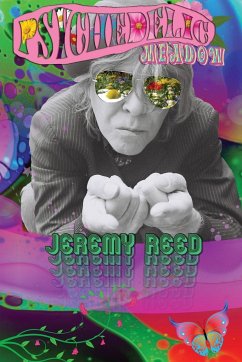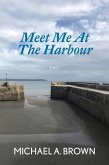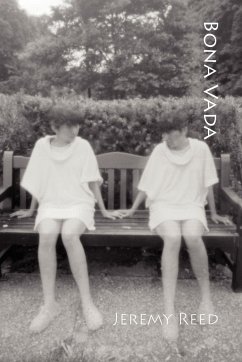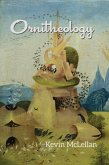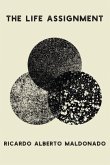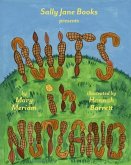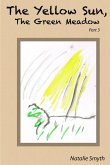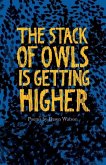Growing up in Jersey in the seventies, before I left to do American Studies at Essex University, wasn't easy as an anomalous poet living in a largely pedestrian, materialistic society. My escape came by way of finding part-time employment with John Berger, part of the Berger Paints family, who patented Prussian Blue, the first modern synthetic pigment. John Berger, a wealthy, reclusive aesthete and compulsive bibliophile and antiques hoarder, kept his mother mummified in the living room of his property Tivoli, and my unusual introduction to his eccentric, serendipitous lifestyle forms the basis of this sequence. If arson had torched a property of his, left as a ruin in Waterworks Valley, then the shell of the house and the adjoining fields were used by a group of friends of mine to do LSD, and to set up large speakers in the ruin through which to play psychedelic music and the seminal rock albums of the period. We called the place Psychedelic Meadow as it was regularly coloured and shaped by acid. Paula Stratton's LSD documentation of her experience of the drug became a seminal influence on my poetry. When she committed suicide in the late seventies at a squat in Chester Gate, Regent's Park a big light went out in me, and my poem 'Elegy for Paula Stratton' can be found in the collection This Is how You Disappear, my book of elegies for dead friends. Nobody I know has ever come more beautiful. (Jeremy Reed)
Hinweis: Dieser Artikel kann nur an eine deutsche Lieferadresse ausgeliefert werden.
Hinweis: Dieser Artikel kann nur an eine deutsche Lieferadresse ausgeliefert werden.

